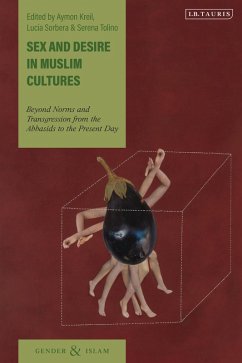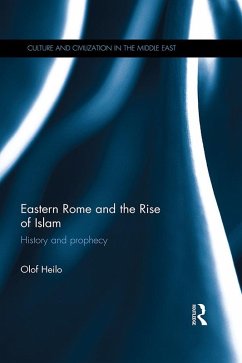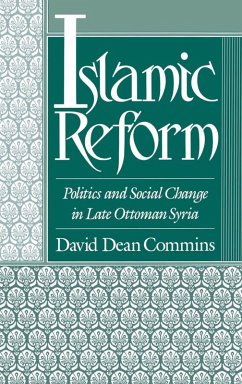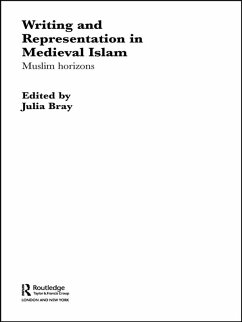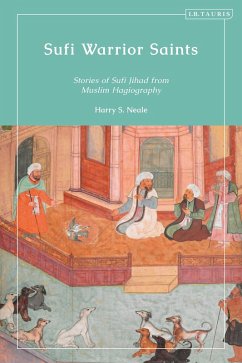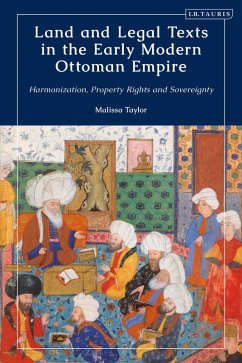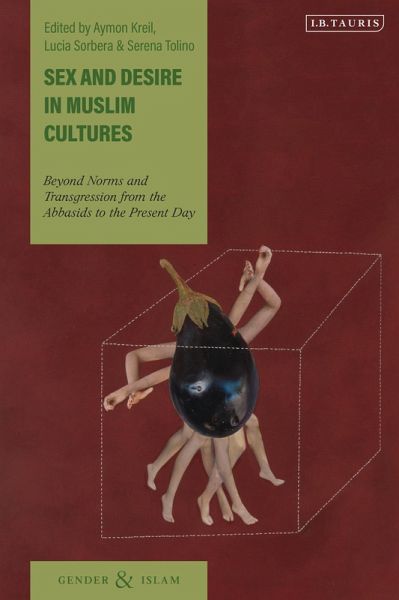
Sex and Desire in Muslim Cultures (eBook, PDF)
Beyond Norms and Transgression from the Abbasids to the Present Day
Redaktion: Kreil, Aymon; Tolino, Serena; Sorbera, Lucia
Versandkostenfrei!
Sofort per Download lieferbar
25,95 €
inkl. MwSt.
Weitere Ausgaben:

PAYBACK Punkte
13 °P sammeln!
What have different ideas about sex and gender meant for people throughout the history of the Middle East and North Africa? This book traces sex and desire in Muslim cultures through a collection of chapters that span the 9th to 21st centuries. Looking at spaces and periods where sexual norms and the categories underpinning them emerge out of multiple subjectivities, the book shows how people constantly negotiate the formulation of norms, their boundaries and their subversion. It demonstrates that the cultural and political meanings of sexualities in Muslim cultures - as elsewhere - emerge fro...
What have different ideas about sex and gender meant for people throughout the history of the Middle East and North Africa? This book traces sex and desire in Muslim cultures through a collection of chapters that span the 9th to 21st centuries. Looking at spaces and periods where sexual norms and the categories underpinning them emerge out of multiple subjectivities, the book shows how people constantly negotiate the formulation of norms, their boundaries and their subversion. It demonstrates that the cultural and political meanings of sexualities in Muslim cultures - as elsewhere - emerge from very specific social and historical contexts. The first part of the book examines how people constructed, discussed and challenged sexual norms from the Abbasid to the Ottoman period. The second part looks at literary and cinematic Arab cultural production as a site for the construction and transgression of gender norms. The third part builds on feminist historiography and social anthropology to question simplistic dichotomies and binaries. Each of the contributions shows how understanding of sexualities and the subjectivities that evolve from them are rooted in the mutually-constitutive relationships between gender and political power. In identifying the plurality of discourses on desires, the book goes beyond the dichotomy of norm and transgression to glimpse what different sexual norms have meant at different times across the Middle East.




